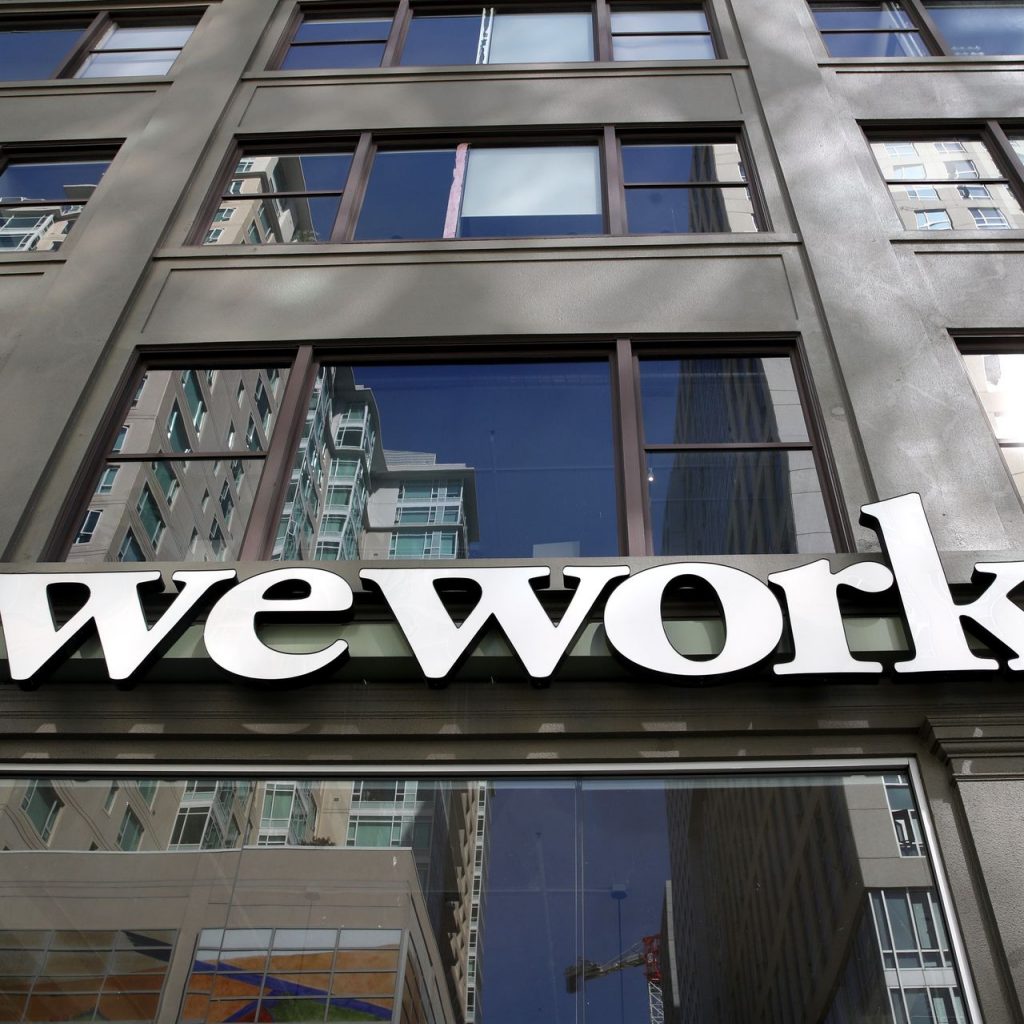The boom in high technology has been credited for reviving the economy since the Great Recession in 2008.
One example of this is the importance of the FANG stocks (Facebook, Amazon, Netflix, and Google) on the overall performance of the stock market.
Another example is the overwhelmingly positive effect high technology has had on job growth and the increase in real estate prices in many parts of the US.
But have we reached the point where real estate prices in some markets have gotten so far out of hand – due in large part to the demand created by high tech companies – that more people are actually starting to leave than arrive?
Yes, we’re starting to see negative net migration in some of the larger, traditional high technology markets in the US. Take the San Francisco metro area, for example.
A variety of media outlets such as CBS, newspapers in Seattle and San Francisco, and even Vanity Fair have noted that over the last couple of years more people have actually left the Bay Area than have arrived, resulting in a negative net migration.
According to Stephen Levy, Director of the Center for Continuing Study of the California Economy in Palo Alto, “The two things can happen simultaneously: A strong economy, and a housing crisis that pushes people at the margin, either to keep their jobs but move outside or move away entirely.”
The irony of high technology companies that operate in the virtual world of the internet creating such a strong demand for bricks-and-mortar real estate isn’t lost on us, nor we suspect on our readers as well.
It’s important to note that net negative migration from traditional high tech centers such as San Francisco and Southern California doesn’t mean the jobs are completely disappearing. Rather, they are simply relocating to more affordable areas of the country.
A recent article in Forbes listed the ’15 Cities Creating The Most Tech Jobs For 2017′. By metropolitan area these are:
- San Francisco
- Charlotte
- Austin
- San Jose
- Indianapolis
- Raleigh
- Nashville
- Seattle
- Detroit
- Denver
- Salt Lake City
- Dallas – Fort Worth
- Phoenix
- Grand Rapids, MI
- Kansas City
The question for investors then becomes: Are workers and jobs relocating to relatively more affordable, primary high tech markets such as Seattle or Austin – or are they moving to smaller tech markets such as Detroit, Grand Rapids, and Nashville?
At the time of this writing, the stock price of Facebook has dropped by about 20% over the past week due to the company’s alleged mishandling of users’ private data. What effect this has on the overall market remains to be seen.




